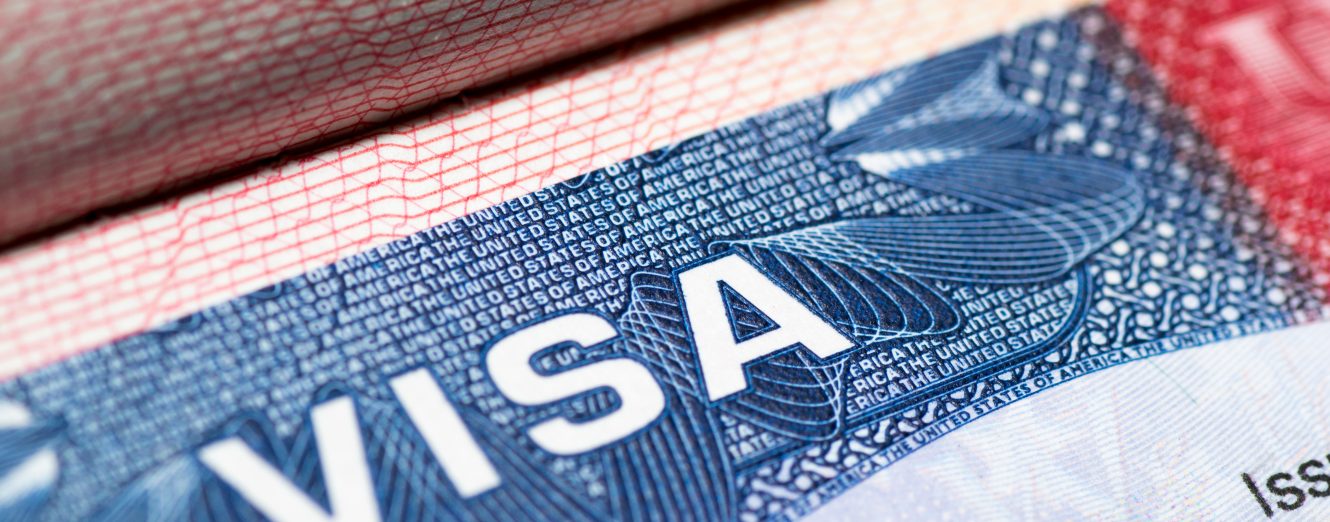Public Charge Update: Children and Education
October 23, 2018By Marie Camino
The National Assembly continues to follow the proposed “public charge” rule that opened for public comment almost two weeks ago, and is an active member of the Protecting Immigrant Families coalition. If implemented in its current form, the proposed rule would adversely impact multiple communities, and limit the ability of these communities to thrive in the U.S.
Since the rule would impact a number of communities uniquely, the Protecting Immigrant Families coalition has chosen to highlight the voices of different advocacy fields every week to provide the most in-depth analysis and resources about the rule’s multiple effects. This week the focus is on the proposed rule’s disproportionate impact on children and the education system.
Impact on Children
Last month, we wrote about how the public charge rule would disproportionately affect citizen children with non-citizen parents. Currently, one in every four children has at least one parent who was born outside the U.S. If the rule were implemented as is, it would force 10.4 million noncitizen parents to choose between staying in the U.S. with their families and receiving public benefits that support their families’ health, nutrition, and economic stability.
Currently, the Department of Homeland Security (DHS) does not consider children’s nutrition and health care programs in any public charge determination. However, DHS specifically requests public comments about whether CHIP should be included as a public benefit considered during a public charge determination. In 2016, it was estimated that as many as 5.8 million citizen children with a noncitizen parent were enrolled in Medicaid or CHIP.
Additionally, reduced participation in the Supplemental Nutrition Assistance Program (SNAP) could negatively impact communities as a whole. In 2017, hunger advocates around the country saw a decline in the number of eligible legal immigrants applying to SNAP, as well as an increase in the number of immigrants looking to withdraw from the program. These advocates credit this decline to widespread fear of using public benefits due to anti-immigrant rhetoric across the country. The Community Eligibility Provision (CEP), a meal service option that “allows the nation’s highest poverty schools and districts to serve breakfast and lunch at no cost to all enrolled students without collecting household applications,” chooses eligible districts based on number of enrollments in SNAP and other programs, such as Temporary Assistance for Needy Families (TANF). A decline in SNAP and TANF enrollments due to public charge determination could lead to entire school districts losing eligibility for CEP.
All children, regardless of where they or their parents were born, deserve equal access to public benefits that allow them to thrive. Decreased access to health, nutrition, and housing programs that enhance well-being could prove harmful to a child’s development and have negative implications into adulthood. Experiencing the stress and instability that often comes with lack of housing, healthcare, and food security, often called toxic-stress, is proven to cause mental health issues, inhibited brain development, and other social or emotional challenges.
For more information about the proposed rule’s impact on children’s health and well-being, check out CLASP’s Child Public Charge fact sheet.
All Public Comments Due December 10th
The National Assembly will submit its own public comment on the public charge rule, and will provide our members with tools to draft and submit their own comments, as well. Be on the lookout for updates and submit your organization’s public comments on by December 10th.



